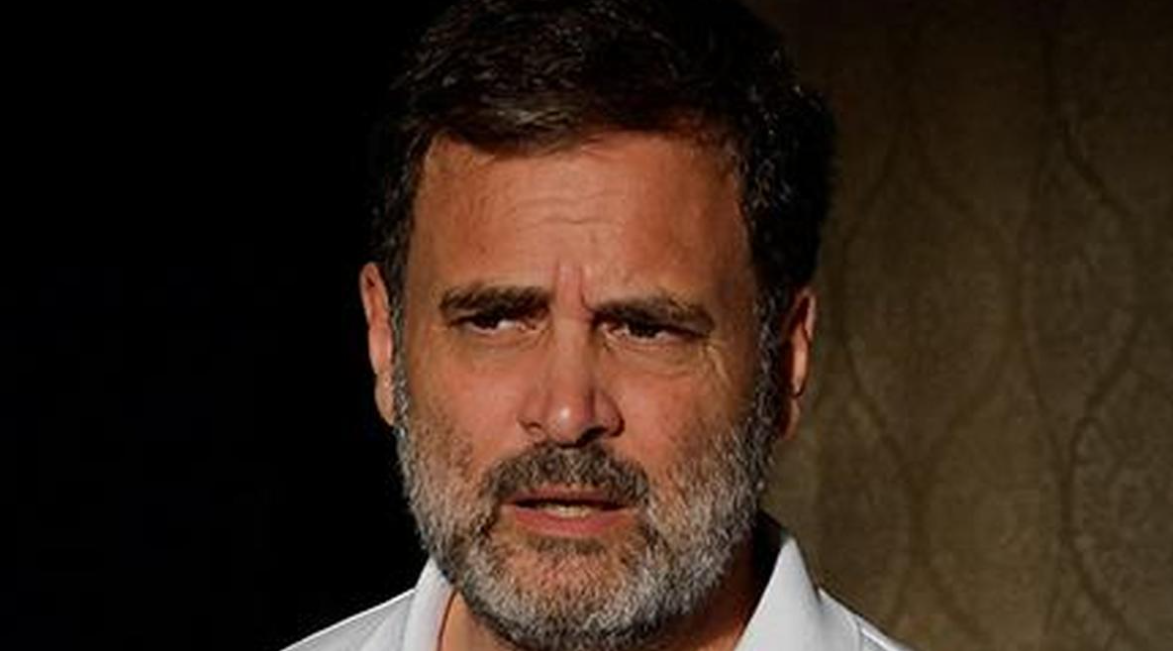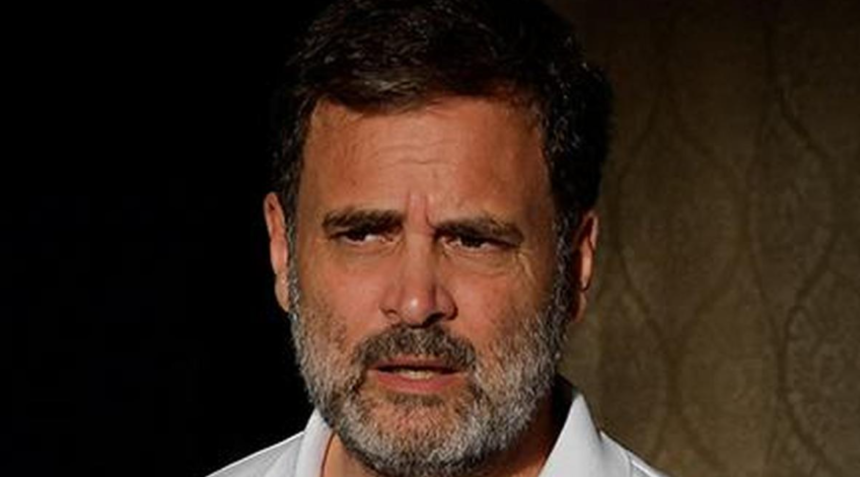Introduction: A Controversy Surrounding the Legacy of a Statesman
The Manmohan Singh political discourse in India has once again taken a contentious turn following accusations from the Bharatiya Janata Party (BJP) that Congress leader Rahul Gandhi exploited the death of former Prime Minister Dr. Manmohan Singh for political mileage. The Congress hit back, alleging that the BJP was engaging in diversionary tactics, with a spokesperson retorting, “When will the Sanghis stop this ‘take diversion’ politics?”
Dr. Manmohan Singh, a towering figure in Indian politics and economics, passed away recently, leaving the nation mourning the loss of one of its most respected statesmen. However, the debate over how political parties have responded to his death has overshadowed tributes, highlighting the widening gulf between the two principal political parties in India.
The BJP’s Allegations: Exploitation for Political Mileage
The BJP accused Rahul Gandhi of using Dr. Manmohan Singh’s death to revive Congress’s political image. They cited Gandhi’s recent remarks and tributes to Singh, claiming they were attempts to align the late Prime Minister’s legacy with the current Congress leadership while attacking the BJP.
BJP’s Key Points
- Political Opportunism: The BJP accused Rahul Gandhi of prioritizing political expediency over respect for Dr. Singh’s memory. They alleged that Gandhi’s comments were a veiled critique of the BJP’s policies, attempting to contrast Congress’s governance under Singh with the present government.
- Emotional Appeal: According to BJP spokespersons, Rahul Gandhi sought to leverage the public’s affection for Dr. Singh to paint Congress as the party of visionaries and inclusive development.
- Selective Praise: The BJP also questioned why Congress leaders, including Gandhi, hadn’t consistently defended Singh’s leadership when he was criticized during his tenure.
Congress’s Response: A Counter-Accusation
The Congress swiftly refuted the BJP’s accusations, describing them as an attempt to sidestep critical national issues. Party spokespersons highlighted Dr. Singh’s legacy as a reason for reflecting on India’s political direction and attacked the BJP for politicizing grief. 
Congress’s Counterpoints
- Unified Respect: Congress argued that Gandhi’s statements were a reflection of genuine respect for Dr. Singh, intended to highlight his contributions, not politicize his death.
- Diversionary Tactics: The party accused the BJP of using the controversy as a distraction from pressing issues like unemployment, inflation, and communal tensions.
- Legacy of Governance: Congress asserted that Dr. Singh’s tenure demonstrated the stark differences in governance between the UPA and NDA, which Rahul Gandhi had a right to highlight in the context of Singh’s contributions.
Dr. Manmohan Singh’s Legacy: The Heart of the Debate
The late Dr. Manmohan Singh remains a towering figure whose legacy as an economist, policymaker, and Prime Minister transcends political affiliations. The BJP-Congress row has reignited discussions around his impact on India’s political and economic trajectory.
As an Economist and Reformer
- 1991 Economic Reforms: Dr. Singh is celebrated as the architect of India’s liberalization, which transformed the country into one of the world’s fastest-growing economies.
- Institution Builder: His work in strengthening financial institutions like the RBI and Planning Commission laid the foundation for sustained growth.
As Prime Minister (2004–2014)
- Achievements: Landmark programs like MGNREGA, RTI Act, and India’s 8% average GDP growth defined his leadership.
- Criticism: His tenure wasn’t without controversy, marked by allegations of corruption and accusations of being constrained by party dynamics.

Politicizing His Legacy?
While his achievements remain widely acknowledged, critics argue that both parties have selectively interpreted his legacy to suit their narratives:
- Congress’s Use of Legacy: A tool to emphasize its focus on inclusive development.
- BJP’s Narrative: A balance between acknowledging his contributions and critiquing the shortcomings of UPA governance.
Public Reaction: Polarization of Opinions
The BJP-Congress debate has polarized public opinion, with supporters of both parties taking to social media and public forums to air their perspectives:
- Support for Congress: Many view Gandhi’s tributes as heartfelt, recognizing Dr. Singh’s seminal contributions to the nation.
- Support for BJP: Critics of Congress align with the BJP’s claim that Singh’s legacy has been opportunistically politicized.
However, an undercurrent of discontent runs among neutral observers who feel such controversies diminish respect for statesmanship and distract from substantive issues.
Broader Implications: A Reflection of Indian Political Dynamics
This controversy illustrates deeper trends shaping Indian politics, including: 
Polarization of Political Narratives
India’s principal parties increasingly frame their positions in opposition to each other, often reducing nuanced legacies like Dr. Singh’s to partisan talking points.
The Use of Political Capital
Legacies of revered leaders, whether Mahatma Gandhi, Atal Bihari Vajpayee, or Manmohan Singh, are often employed as strategic tools to enhance current narratives.
Shifting Political Strategies
The debate also reflects evolving strategies within Congress and BJP:
- Congress seeks to reframe its image as a party with a legacy of visionary governance.
- BJP positions itself as the voice of contemporary leadership while critiquing past governance.
Call for Decorum in Public Discourse
Observers and commentators have called for maintaining decorum in honoring Dr. Manmohan Singh. Many argue that political leaders have a collective responsibility to uphold the dignity of national leaders, especially in the context of their demise.
Avoiding Politicization of Loss
Grief should unite the political spectrum rather than deepen divisions. Lessons from past controversies suggest that respect for deceased leaders must transcend partisan interests.
Focus on National Issues
The debate should serve as a reminder for political leaders to focus on substantive issues like economic stability, inclusive development, and democratic integrity, aligning with the values leaders like Dr. Singh stood for.
Conclusion: A Statesman’s Legacy and the Politics Around It
The BJP’s Manmohan Singh accusation against Rahul Gandhi and the Congress’s counter-response highlight the complexities of modern Indian political discourse, where legacy, respect, and narrative intertwine.
Amid the controversy, it is crucial to remember the contributions of Dr. Manmohan Singh to the nation—his vision, reforms, and integrity. Whether in mourning or debate, his legacy should inspire constructive discourse that addresses India’s challenges, fostering unity rather than division in times of reflection.





